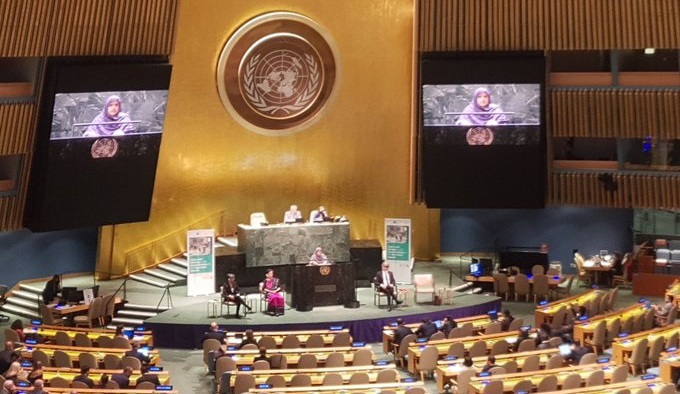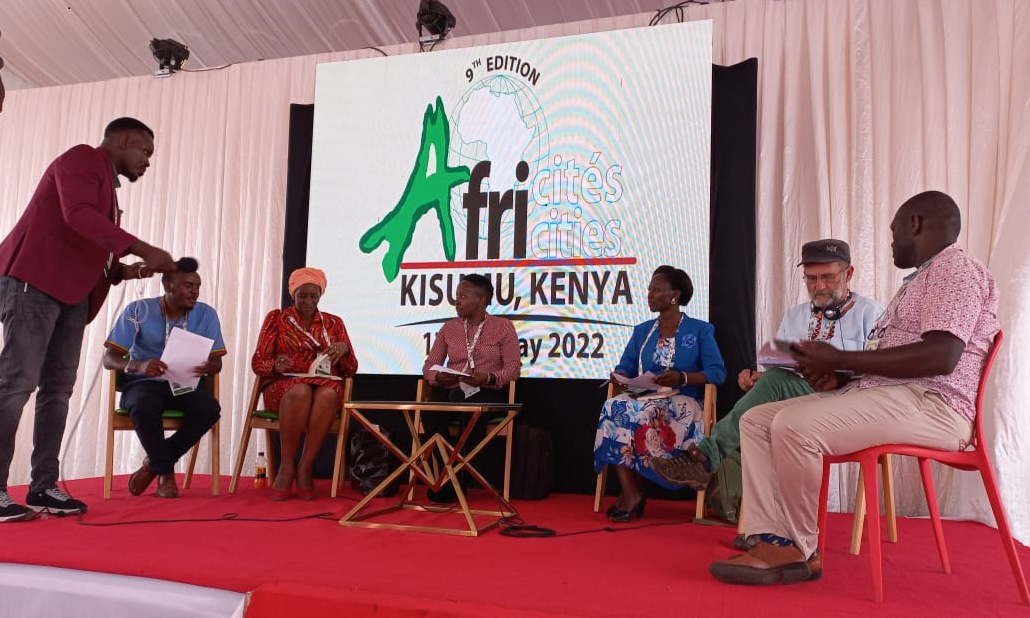The five-week online discussion hosted by the Office of the United Nations High Commissioner for Human Rights (OHCHR) begins on Tuesday, 1 November 2005, and will conclude on 6 December 2005.
Those who wish to participate in the discussion must register. Participants may contribute to the discussion in English, French or Spanish, though there will be no translation of contributions posted on the discussion page.
To register for the online discussion, visit: http://portal.ohchr.org/tbforum/
In his report In Larger Freedom (A/59/2005), the Secretary-General emphasized the need to streamline and strengthen the treaty body system, and called for implementation of harmonized guidelines on reporting to all treaty bodies, so that they can operate as a unified system. In her Plan of Action (A/59/2005/Add.3), the High Commissioner reiterated this call, but made clear that, in the long term, the work of the treaty bodies should be further consolidated, including through the creation of a unified treaty body. In paragraph 147 of her Plan she accordingly indicates that she will develop proposals for a unified standing treaty body and invite States parties to the seven human rights treaties to an intergovernmental meeting in 2006 to consider options. The High Commissioner has elaborated a strategy to develop such proposals, ensuring an open and participatory process for all stakeholders concerned, so as to draw on the widest possible expertise available and to ensure that the goals of any treaty body reform, namely to enhance the protection of rights holders, remains at the core of the proposals.
The online discussion is intended to provide a forum for experts, activists, advocates and other stakeholders around the world working on issues related to human rights. It will help inform the proposals which will be prepared by the High Commissioner on a unified standing treaty body. It will stimulate thinking and allow for the exchange of ideas, raise issues and discuss options for a unified standing treaty body.
The moderator of the discussion will be Professor Feride Acar, Chairperson, Department of Political Science and Public Administration of the Middle East Technical University in Ankara, Turkey and former Chairperson of the Committee on the Elimination of Discrimination against Women.
Each week, the online discussion forum will be devoted to a specific question.
The questions are:
Week 1 (1–8 November)
1. What are the strengths and weaknesses of the current system?
Week 2 (9–15 November)
2. What should be the form, composition and functions of a unified standing treaty body?
Week 3 (16–22 November)
3. How can the effective protection of specific rights, such as those guaranteed under CEDAW and CRC be ensured under a unified standing treaty body?
Week 4 (23–29 November)
4. How can a unified standing treaty body enhance implementation at the national level? How would non-governmental organizations (NGOs), National Human Rights Institutions (NHRIs), UN agencies, funds and programmes, and other stakeholders interact with such a body to achieve this objective?
Week 5 (30 November – 6 December)
4. What are the legal issues to be addressed vis- -vis the creation of a unified standing treaty body?
With respect to each question, the moderator will provide a brief introduction to the topic to be discussed. At the end of each discussion, an analytical summary of the main issues raised will be posted by the moderator. A summary of all issues raised in the course of the dialogue will be posted.
OHCHR wishes to express its gratitude to those who will contribute to this discussion.
For more information contact: tb_reform@ohchr.org


